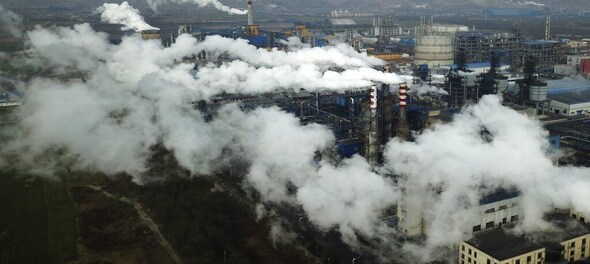
Even though individuals and corporates recognise the importance of reducing greenhouse gas (GHG) emissions, they cannot eliminate the carbon footprint on their own. They seek help from voluntary carbon markets through which they offset their emissions by buying carbon credits or investing in projects that remove carbon from the atmosphere.
Registries help organisations get carbon credits by collecting, verifying, and tracking corporate emissions. A registry is a centralised list that organisations use to stay informed about emissions. However, registries perform other functions too, including certifying carbon offsets and enforcing specific guidelines for their verification and validation. Verra is one such registry in the voluntary offset market.
What does Verra do?
The Washington-based non-profit organisation Verra oversees the VCS program. The Verified Carbon Standard (VCS) program is a global standard for voluntary greenhouse gas emission reductions and removals. The program provides the rules that must be followed by offset projects to be certified. Verra is responsible for updating the VCS rules.
What are the alternatives to Verra?
One of the registries dedicated to overseeing the registration and verification of carbon offset projects is the American Carbon Registry (ACR). Starting in 1996, the organisation oversees registration and independent verification of offset projects across the globe, according to carbon offset company 8 Billion Trees.
Another such non-profit organisation is The Climate Registry, which tries to engage North American companies in a more active role in the fight against climate change.
Based in California, the Climate Action Reserve (CAR) is another registry which was established in 2008. Climate Action Reserve has set up standards that help in developing, quantifying, and verifying projects for greenhouse gas emission reduction.
EcoRegistry, which functions in Colombia and Latin America, is based on blockchain technology. The platform monitors projects and issues and withdraws certificates of carbon emissions reduction.



